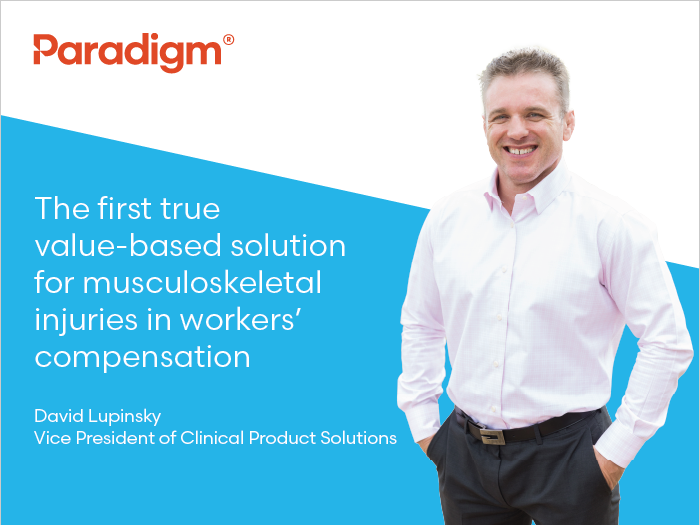You Be the Judge
Worker Dies in Company Truck: Can the Widow Claim Benefits?

A construction worker for Air Systems worked to install air conditioning units and ductwork in various construction projects. Air Systems allowed the worker to drive a company truck back and forth each day from his home to the various work sites.
The worker chose the route he took to the work sites, and Air Systems paid for the truck’s fuel and maintenance costs. The worker sometimes drove a coworker to work and also sometimes used the truck to pick up materials and equipment on his way to the work sites.
The worker was not paid for the time he spent commuting to and from work in the truck, but he was paid for time spent picking up materials and equipment.
The worker left his home to commute to a work site. He was not driving any coworkers or company materials or equipment. He chose to travel over a narrow high-mountain road. While traveling, the truck went off the side of the road on a sharp curve and rolled down a steep mountainside. The worker was ejected from the truck and died from his injuries.
The worker’s widow filed a claim for workers’ compensation benefits. The Labor Commission denied the claim, finding that the worker was not acting within the course and scope of his employment at the time of the accident because, even though he was driving a company truck, he was commuting to work. The widow appealed.
Did the commission properly deny the claim for the worker’s accident?
- A) No. The widow made a strong showing that Air Systems exercised control over the worker’s use of the truck.
- B) Yes. The widow failed to show that the instrumentality exception to the going and coming rule applied.
- C) No. Air Systems benefitted greatly from the worker’s use of the truck.
How the Court Ruled
A is incorrect. The court found that the widow made a moderate showing that Air Systems exercised control over the worker’s use of the truck, and this was insufficient to show that the instrumentality exception applied.
The court found that Air Systems’ control over the worker was no greater than its control over any other employee traveling to and from work.
C is incorrect. The court found that Air Systems realized only minimal or incidental benefits from the worker’s use of the truck. The worker arrived at work in time more reliably, maintenance may have occurred more regularly, and the worker could stop on his way to work to pick up materials.
However, these benefits were insufficient for the court to conclude that the instrumentality exception applied.
B is correct. In Davis v. Labor Commission, No. 20161081-CA (Utah Ct. App. 04/26/18), the Utah Court of Appeals held that the commission properly denied the widow’s claim for benefits.
The court concluded that the instrumentality exception to the going and coming rule did not apply, and the worker was not acting in the course of his employment at the time of the accident.
The court explained that the instrumentality exception to the going and coming rule would apply if the widow demonstrated that Air Systems controlled the worker’s use of the truck and/or reaped a benefit from the worker’s use of the truck that every drive he took in the truck fell within the course of his employment.
The court found that the widow failed to show that the instrumentality exception applied. &
Editor’s note: This feature is not intended as instructional material or to replace legal advice.










